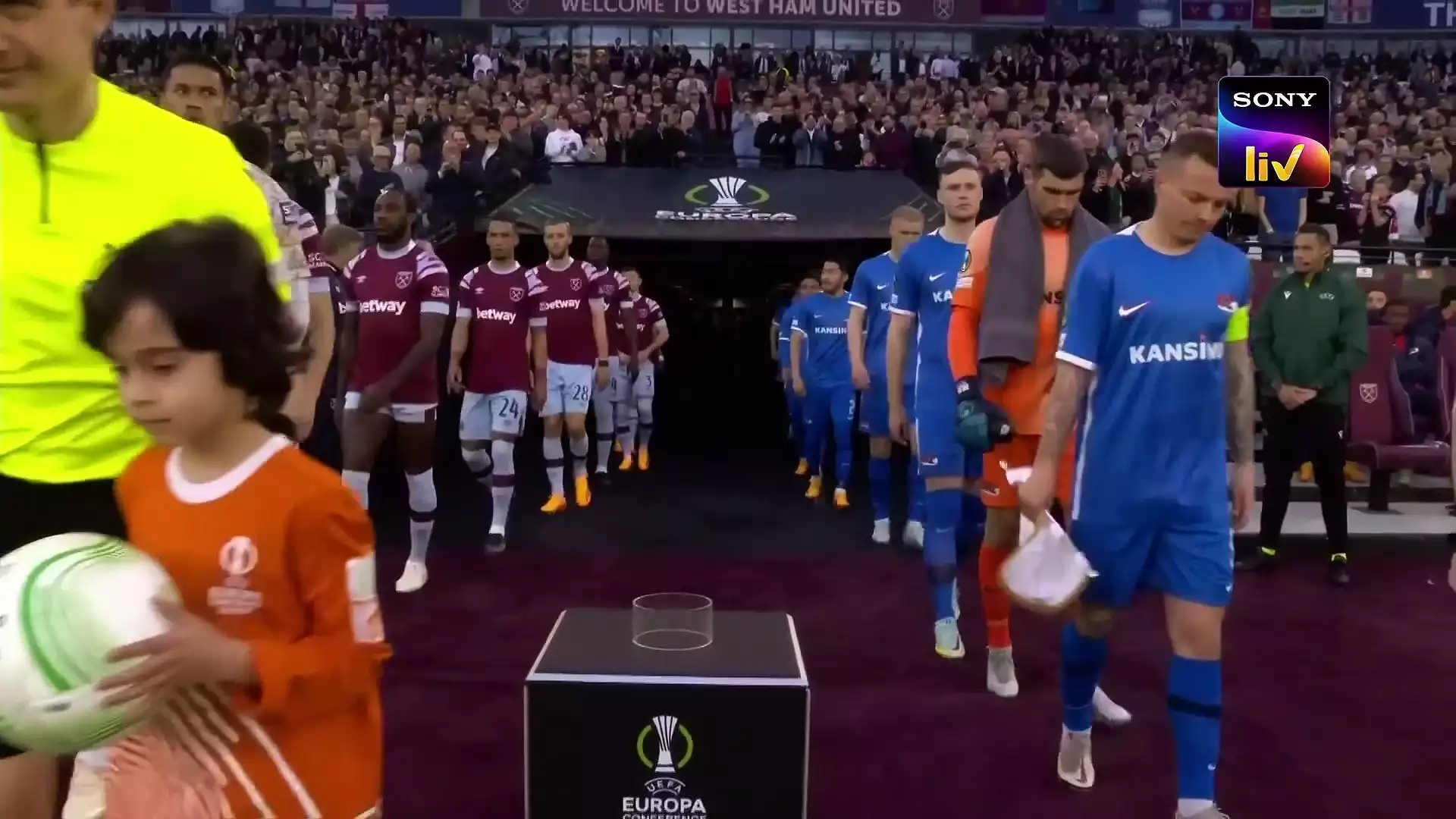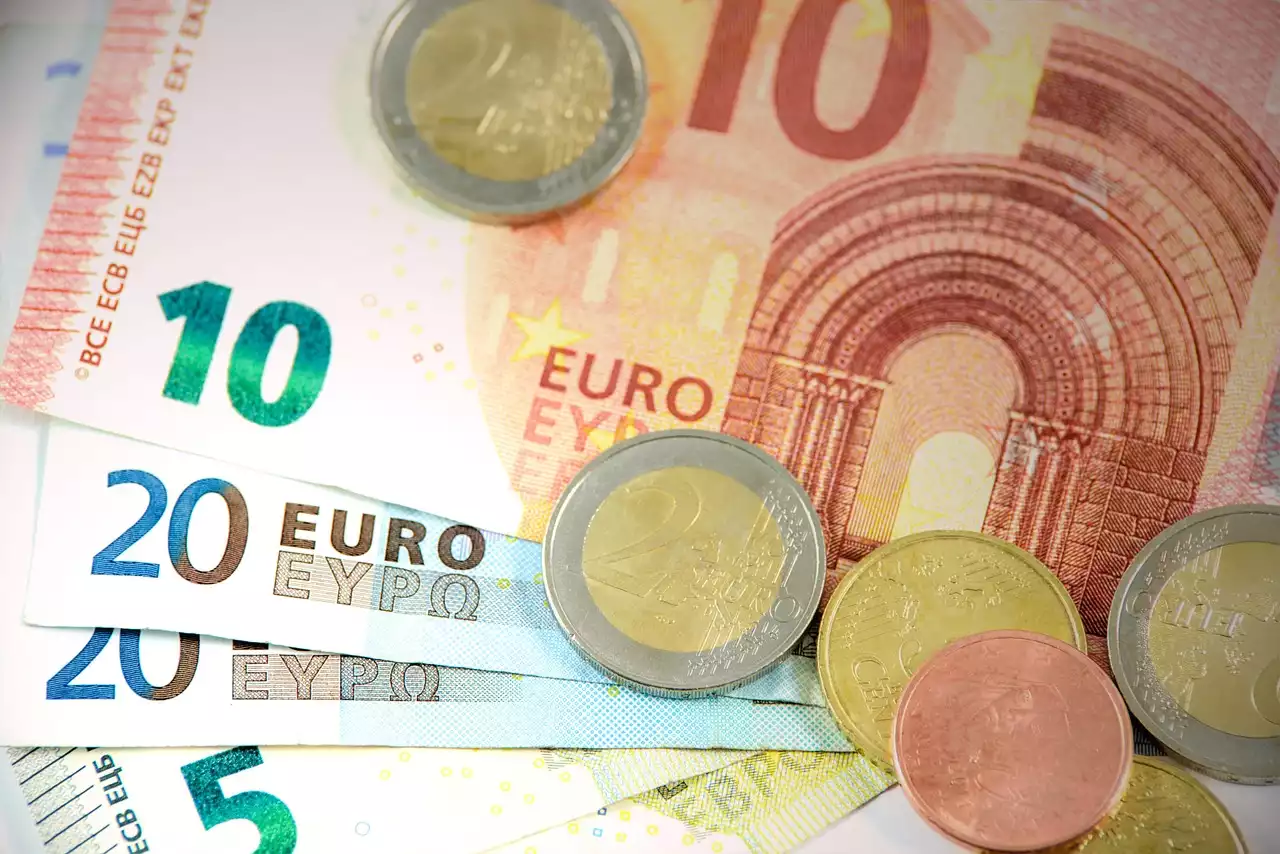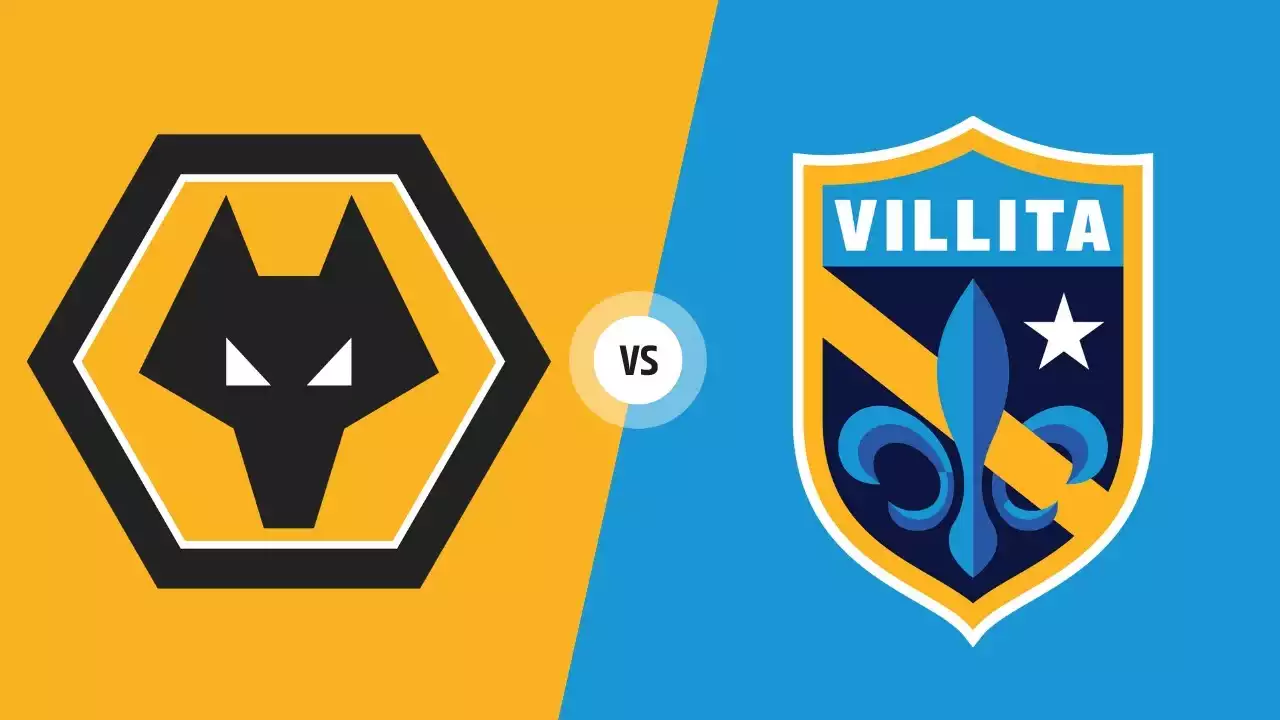How the Europa Conference League impacts domestic competitions
The Europa Conference League aims to provide more teams with the opportunity to compete in European competitions. It will sit below the esteemed UEFA Champions League and the Europa League, offering another avenue for clubs to showcase their talent on the continental stage. The introduction of this tournament has sparked debates among football enthusiasts regarding its potential effects on domestic leagues. One of the primary impacts of the Europa Conference League on domestic competitions is the increased number of teams participating in European tournaments. Previously, only the top teams in each domestic league would qualify for the Champions League or the Europa League. However, with the addition of the Europa Conference League, more clubs will have the opportunity to compete at the European level. This can lead to a more competitive domestic league, as teams strive to secure a spot in one of the European competitions. Additionally, the Europa Conference League presents an opportunity for smaller clubs to shine. Traditionally, only the big clubs with substantial financial resources could compete in the Champions League or the Europa League. The Europa Conference League allows smaller clubs to showcase their talent and potentially attract more fans and sponsors. This can lead to increased revenue for these clubs and a more balanced distribution of resources across domestic leagues.
Increased opportunities for smaller clubs
The Europa Conference League has been hailed as a platform for smaller clubs to make their mark on the European stage. In the past, these clubs often struggled to compete with the financial muscle of the bigger clubs. However, the introduction of this new tournament provides them with a chance to showcase their abilities and gain exposure.
Smaller clubs can use the Europa Conference League as a springboard to attract talented players who may have previously overlooked them. The opportunity to compete in a European competition can be a major draw for players looking to make a name for themselves on a bigger stage. This can lead to an increase in the overall quality of football in domestic leagues, as smaller clubs become more competitive and raise their standards. Moreover, the Europa Conference League offers smaller clubs the chance to generate additional revenue. Participation in European competitions brings with it prize money, television rights, and increased ticket sales. These financial benefits can help smaller clubs invest in their infrastructure, youth development programs, and squad depth. Overall, the Europa Conference League provides a much-needed boost for smaller clubs in domestic competitions.
Potential financial implications for participating clubs
While the Europa Conference League presents financial opportunities for participating clubs, it also brings potential challenges. Smaller clubs, in particular, may struggle to balance the financial demands of competing in both domestic and European competitions. Participating in the Europa Conference League requires additional travel, accommodation, and logistical expenses. Smaller clubs with limited financial resources may find it challenging to meet these requirements. This could lead to a strain on their budgets, impacting their ability to invest in other areas of the club, such as player transfers, infrastructure upgrades, and youth development. On the other hand, larger clubs with established revenue streams may benefit from the additional income generated through participation in the Europa Conference League. These clubs often have larger fan bases, higher commercial revenues, and more lucrative television deals. The financial windfall from the Europa Conference League can further consolidate their financial dominance and widen the gap between the haves and have-nots in domestic competitions.
Challenges for clubs balancing domestic and European commitments
For clubs participating in the Europa Conference League, balancing domestic and European commitments can be a daunting task. Fixture congestion becomes a significant concern, as clubs are required to play matches in both competitions simultaneously. The Europa Conference League fixtures are scheduled on Thursdays, which can disrupt the traditional domestic league schedule. This can result in a compressed match calendar, with teams having to play multiple matches within a short span of time. The increased workload can lead to player fatigue and an increased risk of injuries. Furthermore, the travel demands of the Europa Conference League can take a toll on players. Long flights, time zone changes, and the physical demands of playing in different climates can impact performance and recovery. Clubs must carefully manage their squad rotations, player workload, and recovery strategies to minimize the risk of player burnout.
Impact on player fatigue and injuries
The introduction of the Europa Conference League adds another layer of competition to an already packed football calendar. This can significantly impact player fatigue and increase the risk of injuries. Players are the most valuable assets of any football club, and their health and well-being should be a top priority. The additional matches and travel associated with the Europa Conference League can put players at a higher risk of physical fatigue and injuries. This can have a detrimental effect on the performance of both individual players and the overall team. To mitigate these risks, clubs must invest in sports science and medical support staff to ensure players are adequately rested and receive appropriate care. Proper squad rotation and player management strategies become crucial in order to maintain a competitive edge in both domestic and European competitions.
Changes in television broadcasting and viewership
The Europa Conference League introduces new opportunities and challenges in the world of television broadcasting and viewership. With the addition of another European competition, broadcasters will need to adjust their schedules and coverage plans. Some broadcasters may choose to prioritize the more prestigious UEFA Champions League and the Europa League, potentially leading to reduced coverage of the Europa Conference League. This could impact the visibility and exposure of clubs participating in the tournament, especially for those in smaller leagues or with less established fan bases. However, the Europa Conference League also opens up new markets and audiences. With more teams from different countries participating, broadcasters can tap into new fan bases and potentially attract a wider viewership. This can lead to increased revenue through advertising, sponsorship deals, and television rights.
Reactions from fans and stakeholders
The introduction of the Europa Conference League has generated mixed reactions from fans and stakeholders within the football community. Some fans see the tournament as an opportunity for more clubs to participate in European competitions, bringing excitement and diversity to the football landscape. They believe it will provide a platform for smaller clubs to showcase their talent and create memorable moments. However, there are also concerns that the Europa Conference League may dilute the quality of football in domestic leagues. Critics argue that the focus on European competitions may divert resources and attention away from the domestic game, leading to a decline in overall standards. These concerns are particularly prevalent among fans of clubs that have historically excelled in domestic competitions. Stakeholders, including club owners, sponsors, and football governing bodies, have a vested interest in the success of the Europa Conference League. For some, it represents an opportunity to tap into new markets and increase revenue streams. For others, it may present challenges in terms of logistics, financial investments, and maintaining competitiveness in multiple competitions.
Predictions for the future of the Europa Conference League
As the Europa Conference League prepares for its inaugural season, the future of the tournament remains uncertain. However, there are several predictions regarding its potential trajectory. Some experts believe that the Europa Conference League will establish itself as a valuable competition that provides opportunities for smaller clubs to grow and compete on the European stage. They argue that it will help bridge the gap between the elite clubs and the rest, fostering a more competitive landscape in domestic leagues. On the other hand, skeptics predict that the Europa Conference League may struggle to attract significant attention and popularity. They argue that the tournament may suffer from a lack of prestige compared to the Champions League and the Europa League. This could result in diminished interest from fans, broadcasters, and sponsors, ultimately impacting the financial viability and long-term sustainability of the competition. Only time will tell how the Europa Conference League unfolds and the impact it has on domestic competitions. As football enthusiasts, we can look forward to witnessing the evolution of this new tournament and its influence on the beautiful game we all love.









